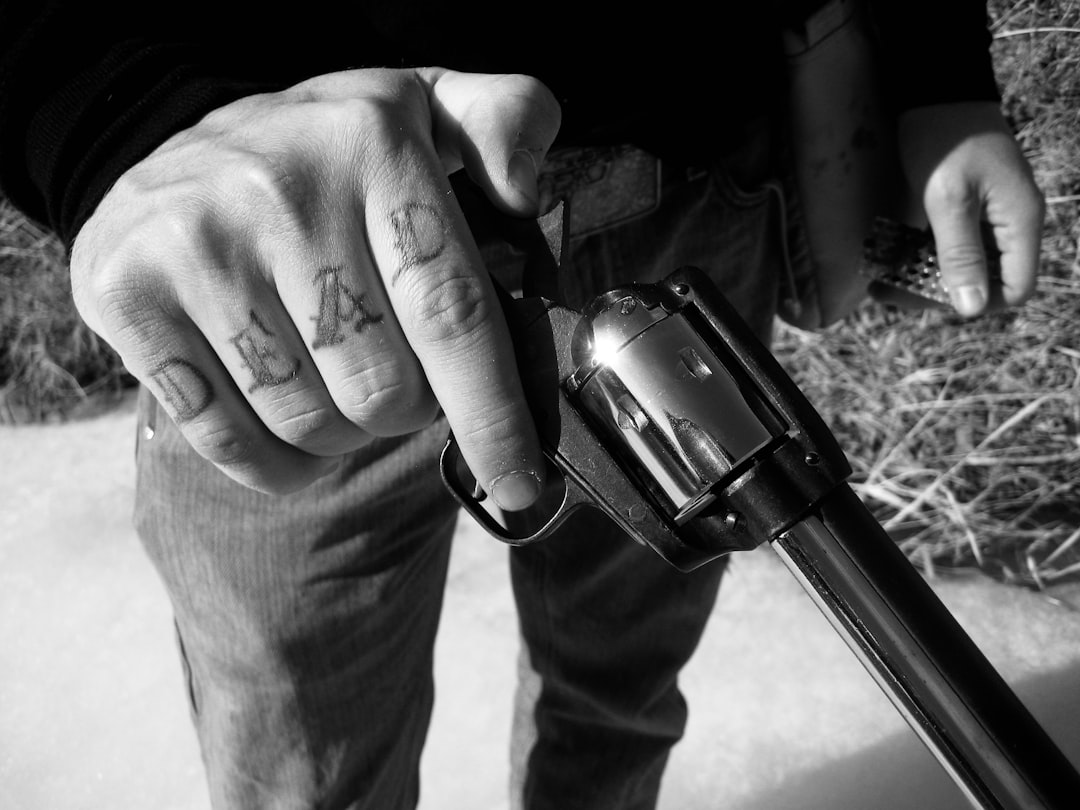What is it about?
This study is about seroprevalence of antibodies to measles and rubella in age groups below 20 years of age. Why these age groups? In fact about eight months before implementation of this study and blood sampling of the participants, a nationwide immunization campaign against measles and rubella, in the age groups below 16 years of age had been performed. This study was going to evaluate if there has been any improvement in the situation of herd immunity against these diseases in the region or not.
Featured Image
Why is it important?
Iran is in the path to eliminate both measles and rubella. within the years 2010 to 2015 and especially in 2015 the number of sporadic cases and also self-restraint local outbreaks was increasing and the reports of the surveillance system was showing that most cases were in the age groups below 16 years of age. So to strengthen the herd immunity against measles and to remain in the path toward elimination of the disease that intervention and this study both were vital.
Perspectives
The results of the study were very promising and above all, in the remaining months of the year 2015 and during the next years, i.e. 2016 and 2017, the number of sporadic cases and also the number of outbreaks has decreased dramatically. We think implementation of a mass campaign every 4 to 5 years in addition to routine immunization activities are vital for remaining in the elimination situation.
Shahrokh Izadi
Read the Original
This page is a summary of: Seroprevalence of antibodies to measles and rubella eight months after a vaccination campaign in the southeast of Iran, Human Vaccines & Immunotherapeutics, February 2018, Taylor & Francis,
DOI: 10.1080/21645515.2018.1436920.
You can read the full text:
Contributors
The following have contributed to this page










